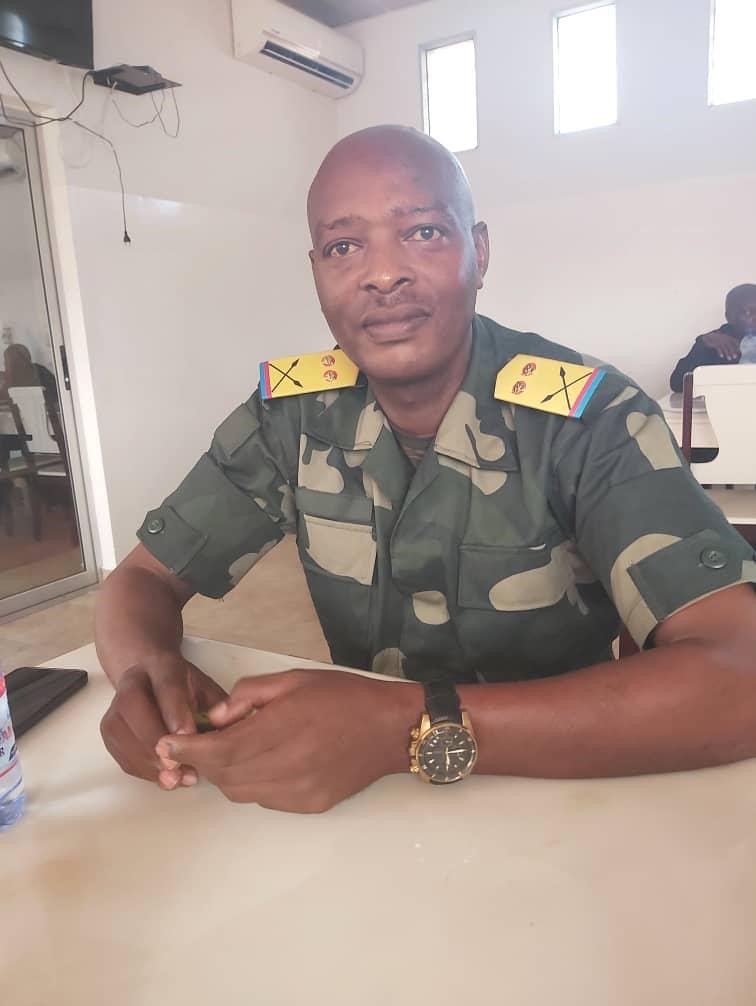Regional
Tshisekedi’s plan to kick out EAC regional force spells doom for DRC
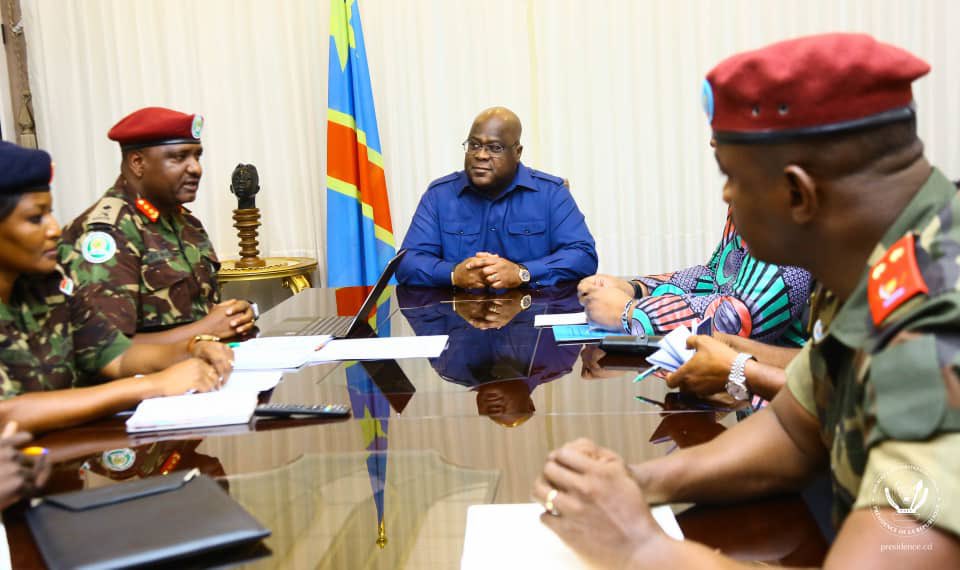
On
April 13, as Swiss President Alain Berset visited DRC, a joint press conference
was held. Among the questions put to Congolese President Félix Tshisekedi was one
about the mandate of the East African Community Regional Force (EACRF).
A
journalist asked whether the three months extension given to the force is
enough to solve the problems in eastern DRC.
In
response, Tshisekedi stated that in the coming days, the process will take a
much faster pace because, “there is the Angolan force which will very soon be
deployed to supervise the process of disarmament and subsequent cantonment of
M23.”
“From
then on we don't think it will still be necessary to keep the forces that make
up the regional force.”
The
revelation took many by surprise as the mandate for disarmament was assigned to
EACRF in collaboration with the Ad Hoc Verification Mechanism (AVM) and MONUSCO
as per the Luanda Communiqué of November 23, 2022.
Additionally,
Tshisekedi contradicts the agreements he signed in Luanda in November 2022. The
agreements states that “M23 would withdraw to its initial positions not beyond
the line along Sabyinyo (DRC side), Bigega, Bugusa, Nyabikona, Mbuzi, Rutsiro
and Nkokwe.”
Instead,
Tshisekedi said, “these forces will be moved to a site that we are now
developing near Kindu (Maniema Province) where they will go in cantonment.” This
is contrary to the Luanda peace agreement.
Kinshasa discontentment with EACRF
When
EACRF initially deployed, Kinshasa expected the force to fight the M23 rebels and
push them out of their occupied territories. When his expectations were not met,
Kinshasa became hostile to the EACRF to the point of inciting the public and organizing
demonstrations against the regional force.
In
recent days, the M23 withdrew out of many captured territories and DRC forces
tried to retake these territories although it is the EACRF mandated to occupy
these areas. This has resulted into skirmishes between FARDC, its allies, and
M23 rebels.
Towards
the end of March, EAC defense chiefs met in Bujumbura and were informed that
Tshisekedi had invited Angolan troops, under a bilateral arrangement. The Defense
chiefs meeting agreed that bilateral arrangements would not affect the work of
the EACRF which is to build confidence for dialogue as it pursues those who
refuse to lay down arms.
Kinshasa
was also demanding certainty that the EACRF should target rebel groups that
refuse to surrender, singling out M23. However, the EACRF chiefs also agreed to
target the FDLR, and all other armed groups including foreign and local ones.
Reliable
sources told The Great Lakes Eye that
the decision angered Tshisekedi who has conscripted
FDLR and foreign mercenaries within the national army, FARDC.
The
Regional force had plans, in its second phase, to launch long-term programmes
including disarmament, demobilization of militias and community recovery
including return of refugees and IDPs. Tshisekedi has now let the cat out of
the bag and clearly stated that this mandate will be given to the Angolan
troops, and he immediately kicks out the EACRF.
This
DRC authorities turned their back against the Luanda and Nairobi peace
processes and instead constituted their own new agenda with Angola, excluding
regional countries.
Tshisekedi’s
displeasure with EACRF first came to public scrutiny on February 4, when EAC
Heads of State convened in Bujumbura for an Extra-Ordinary meeting on the
security situation in DRC.
At the end of the meeting, Tshisekedi unexpectedly and out of protocol, walked to the Commander of the EACRF Maj Gen Jeff Nyagah and started confronting him regarding the M23. With a pointing finger, he told the regional force Commander to not favor the M23, or else the population would attack them.
A few days after Tshisekedi publicly
humiliating the EACRF Commander, his prophesy indeed happened. Hundreds of
violent demonstrators against EACRF hit the streets of Goma. It was
evident that the demonstrations were planned and effected under Tshisekedi’s
orders, similar to others against MONUSCO in July 2022.
No political negotiations with M23
Tshisekedi
also told journalists in the joint press conference of April 13, that there
will never be political dialogue with M23.
He
said: “If they (M23) are
really Congolese as they claim, they should join the national disarmament and
demobilization program, then they can go back and live like civilians.”
Tshisekedi's statement insinuating that M23 rebels are
not Congolese signifies lack of readiness to solve the eastern DRC conflict by
political means.
The hate speech targeting the Congolese Tutsi
instigated by Kinshasa which labels the M23 as Rwandans and calls them
terrorists yet they are legitimate Congolese fighting for their rights speaks
volumes.
Tshisekedi has swept under the carpet all the advice
by regional and world leaders to embrace political negotiations.
Tshisekedi’s
plan to kick out the EACRF and rejecting political negotiations with M23
confirms that he is not interested in the peace process. He wants to continue on
war path so as to nullify the December elections and extend his tenure under a
‘state of emergency.’
This
will cause more human suffering, waste of resources, and ultimately spell doom for DRC, with
possible resumption of full-scale war between DRC and M23 rebels.



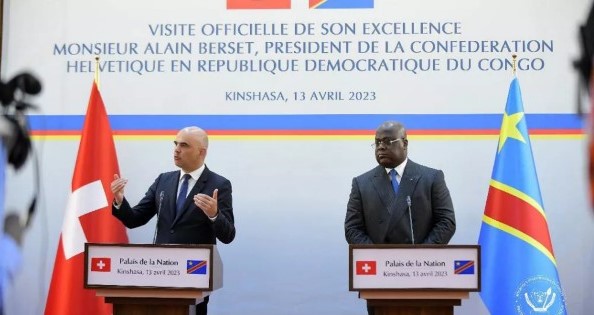
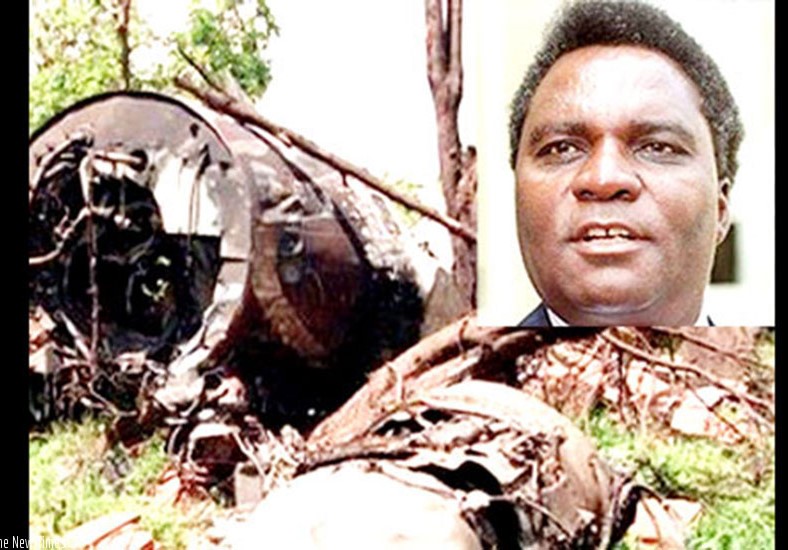
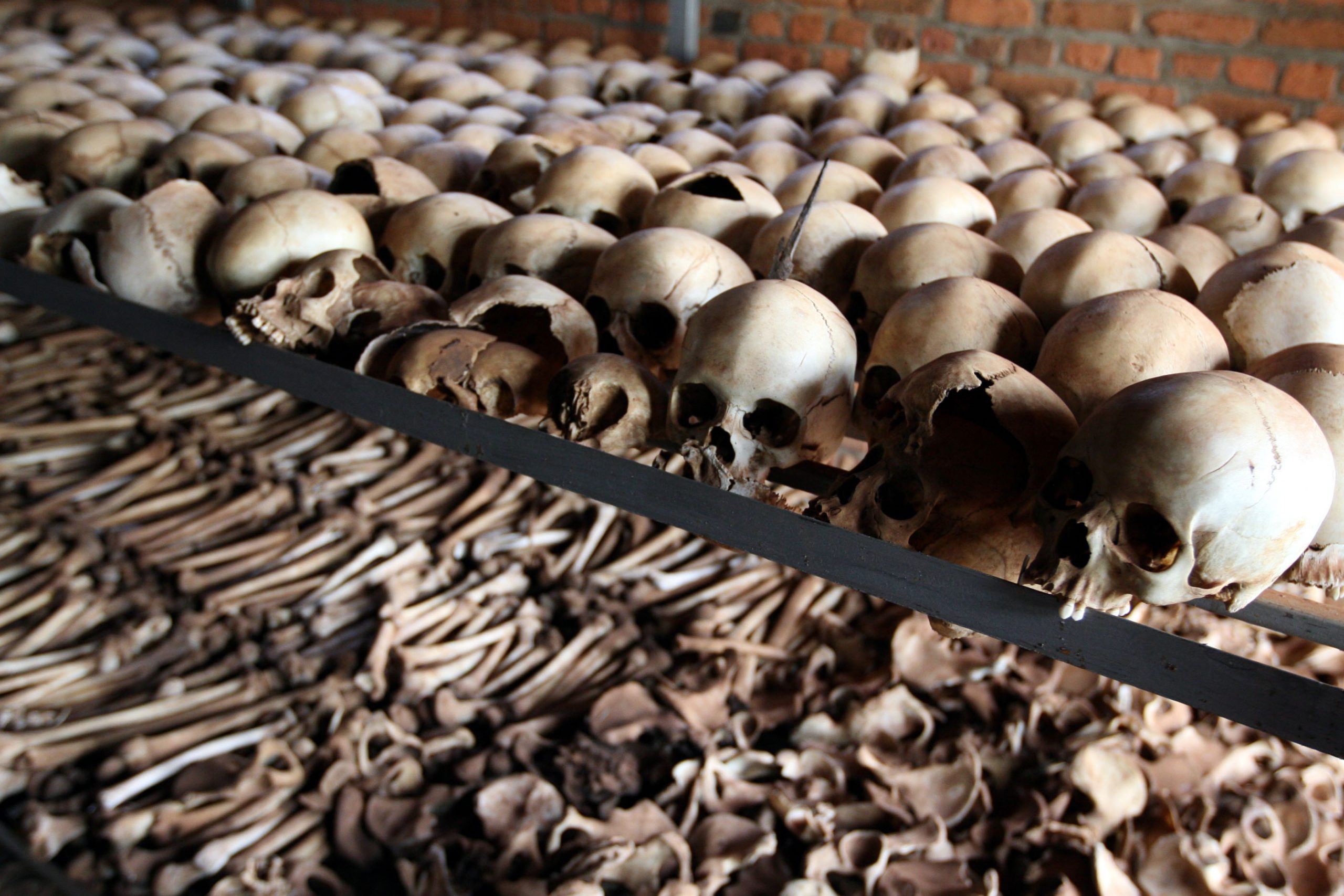
.jpeg-20230411051445000000.jpeg)
